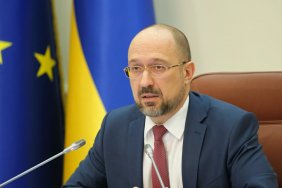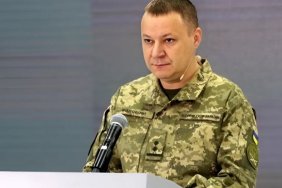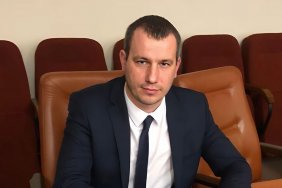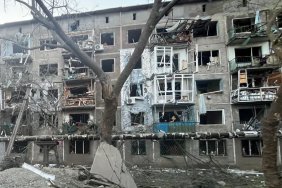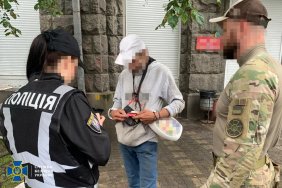If Ukraine does not have enough troops to rotate the brigades that have been on the front line for a year, "then you will definitely not have troops to defend Kyiv, Kharkiv, and so on." This was stated by Azov's chief of staff Bohdan Krotevych on the air of journalist Natalia Moseichuk.
Krotevych explained that neglecting the rotation of frontline brigades will lead to a shortage of personnel if they have to defend such large Ukrainian cities as Kyiv and Kharkiv.
When asked by Mykolaiv region Governor Vitaliy Kim about the probability of an offensive in all five main areas of enemy concentration, Krotevych replied that Russia could quickly move forces from one direction to another and strike anywhere.
In this context, the head of the Servant of the People faction, David Arakhamia, made it clear that there is a danger of a new major Russian offensive that will be difficult to repel, and recalled how, on the eve of the war, the government did not pay much attention to the concentration of Russian troops on the border. He urged not to make such mistakes, and added that "there may be movements (of the Russians) because they have a large resource."
"I also wondered how, given the lack of combat-ready units, if there is a certain escalation, where to get this resource? Because even if everyone is mobilized tomorrow, it will take at least two months in a training school, then a run-in and so on, meaning that in 4-5 months we will only get combat-ready units," Arakhamia said.

